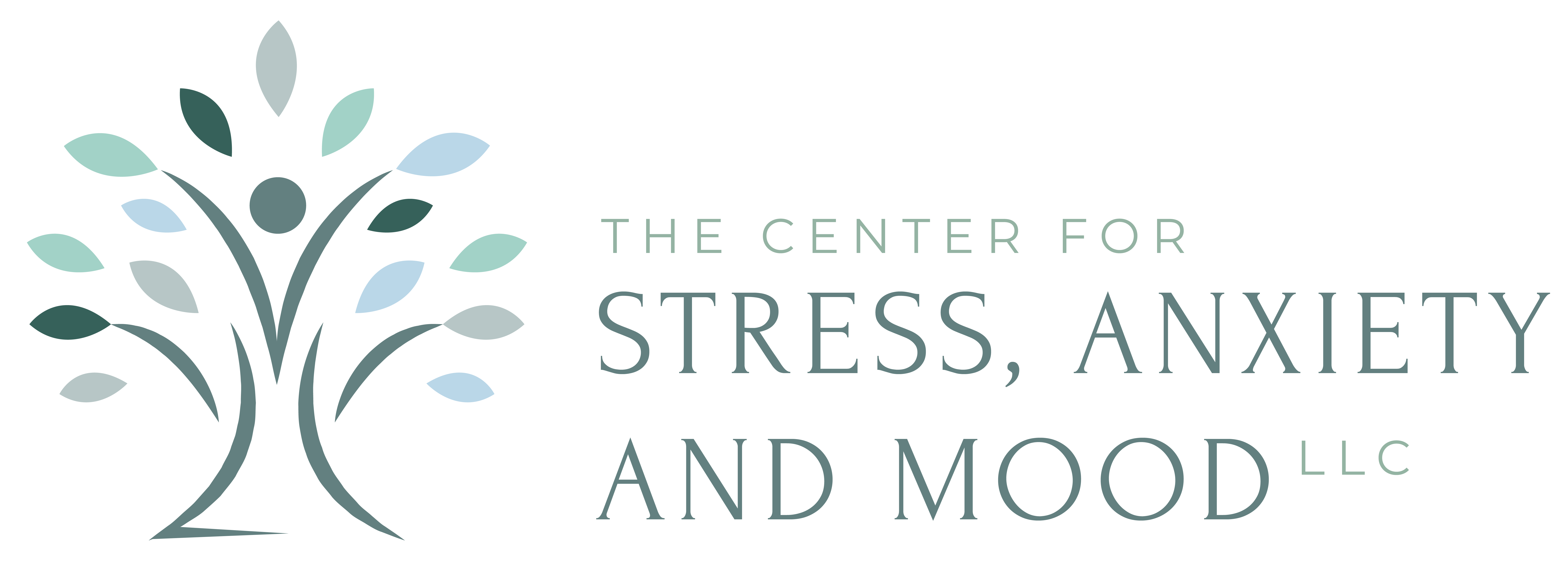Cognitive Behavioral Therapy (CBT) for Anxiety
CBT uses a variety of strategies to help one reduce anxiety, challenge anxious thinking, and counter long-standing avoidance behavior, including affective education, behavioral relaxation, cognitive restructuring, imaginal and in-vivo exposure, modeling and rewards, and behavioral parent training.
- Therapy is time-limited and goal-focused.
- Individual and family-based therapy.
- Teaches emotional education, helping us identify which situations trigger fear and anxiety, and teaches relaxation or mindfulness exercises to manage physical symptoms.
- Teaches coping skills to identify anxious thoughts, challenge our assumptions, and develop more realistic coping thoughts.
- Uses imaginal and in-vivo exposures that encourage approaching our feared situations through real-life practice. Your therapist will actively coach you through challenges in a supportive and encouraging manner to help you do things that have held you back.
- When working with youth, CBT often incorporates the parents to help them recognize the patterns that reinforce anxious child behaviors and provides alternatives to help encourage their child to manage their own distress.

